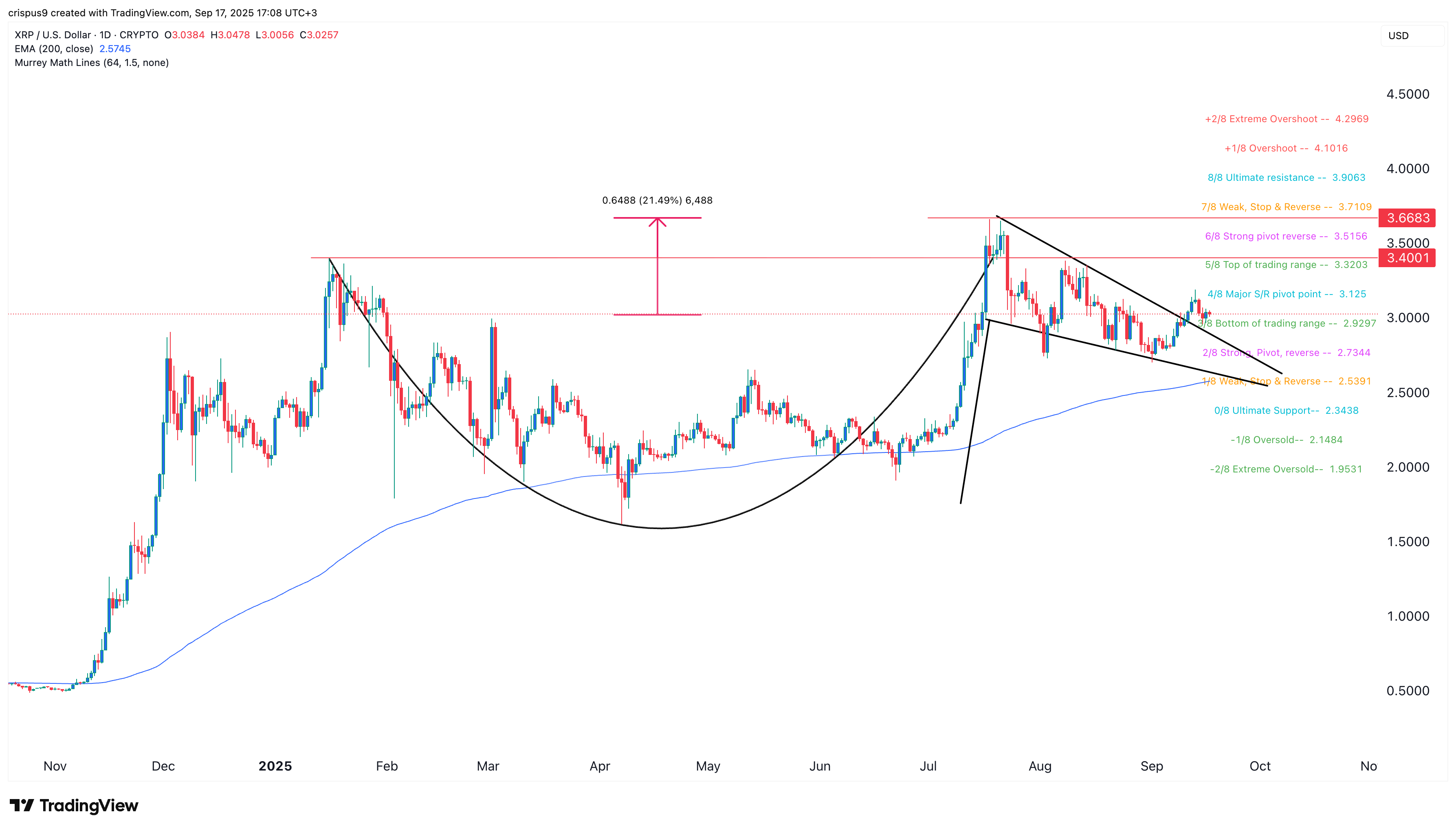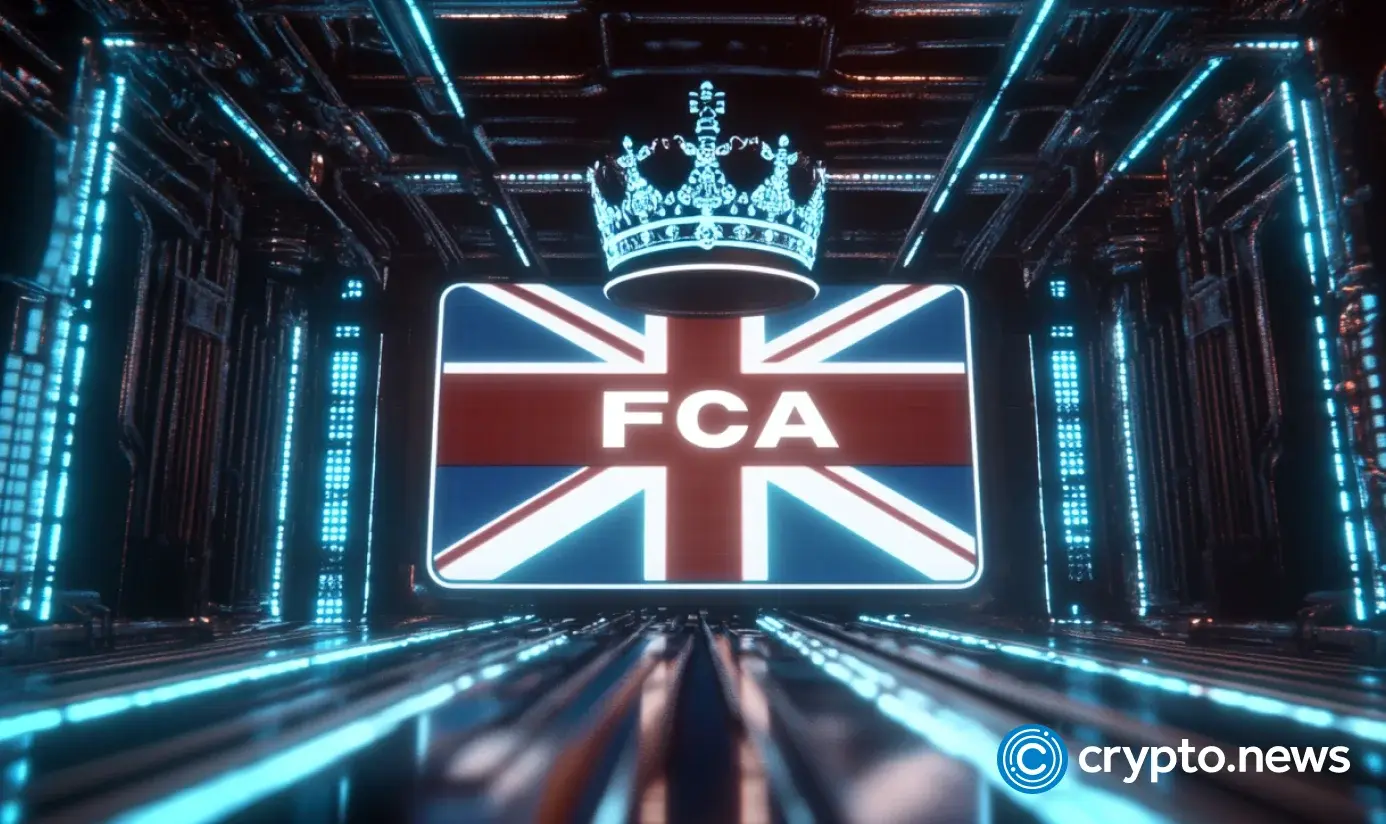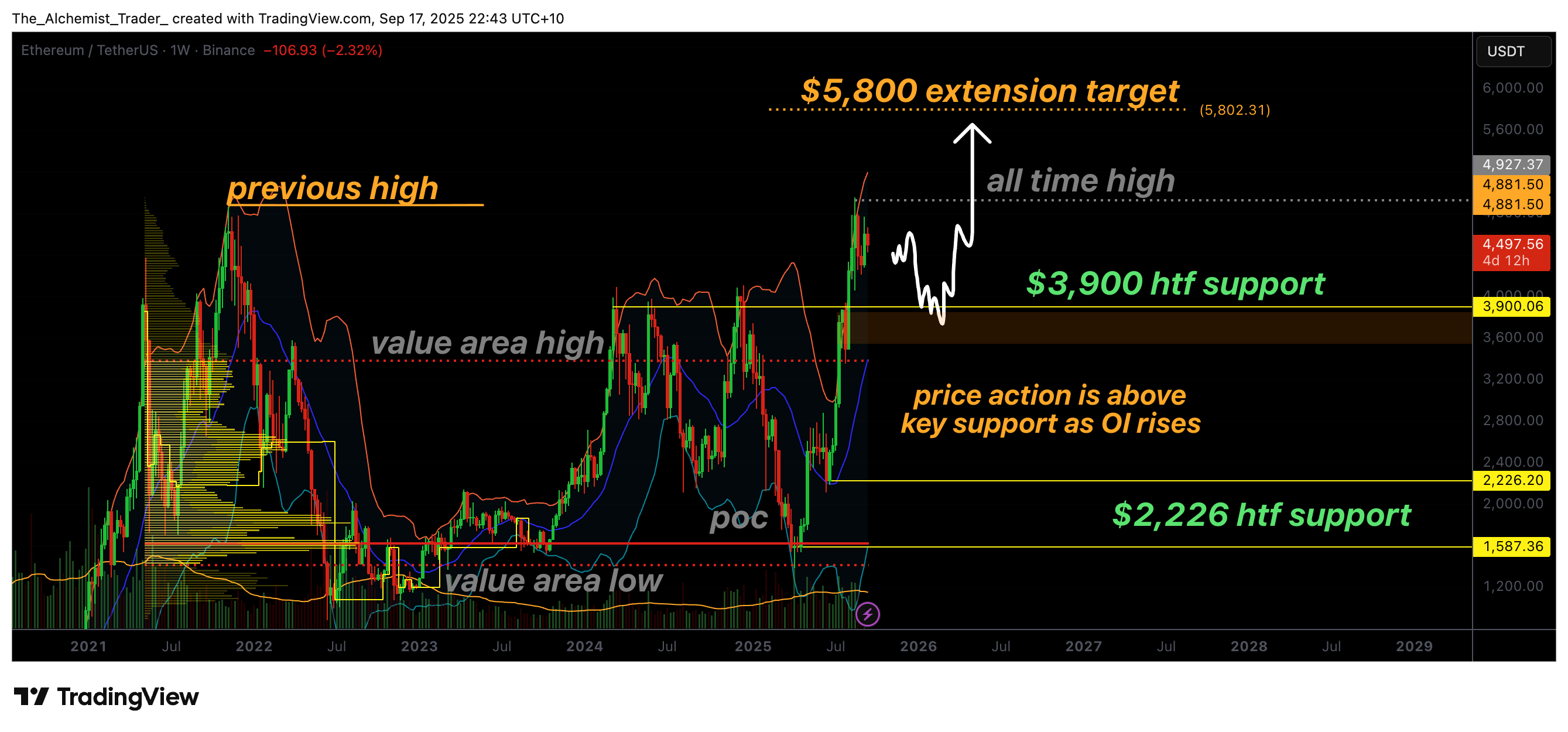Bitcoin Ordinals inscriptions surging as minting fees remain low
Data from the Dune blockchain show crypto enthusiasts minted 350,000 Bitcoin Ordinals Inscriptions on July 8, the highest daily record since May 14. Despite the substantial increase in minting activity, the payment fee for these inscriptions remained remarkably low at 2.5 bitcoin (BTC).
This surge in minting numbers could be attributed to the recent launch of recursive inscriptions and the implementation of BRC-69. These advancements in the Bitcoin network have contributed to optimized costs, encouraging higher inscriptions.
Additionally, on the same day, the number of Ordinals minted through applications reached an unprecedented 18,000, further underscoring the newfound momentum in the crypto space.
Market watchers suggest this milestone not only showcases the growing popularity of Bitcoin but also highlights the increasing adoption of user-friendly platforms that simplify the inscription process for enthusiasts and investors alike.
Bitcoin Ordinal volumes hit $210 million
These spike in minting numbers come in the wake of BTC Ordinals trading volumes surpassing $210 million, as reported in the latest quarterly report from DappRadar.
The report further highlighted that over 550,000 Ordinals trades occurred in the second quarter of 2023, with approximately 150,000 unique traders contributing to the significant trading volume witnessed midway through the year.
An analytics dashboard on the Dune blockchain, reflecting various Bitcoin Ordinals marketplace metrics, shows a sharp increase in unique users since May 2023.
The growing popularity of Bitcoin Ordinals has had a notable impact on the non-fungible token (NFT) landscape. According to reports, by the end of May 2023, Bitcoin had exceeded Solana to overtake Ethereum as the second-most used NFT blockchain regarding trade volumes.
As recognized by Ethereum co-founder, Vitalik Buterin, during a Twitter Space debate on July 6, this uptick in Ordinals activity has revived the Bitcoin ecosystem and brought it a renewed “builder culture.”




